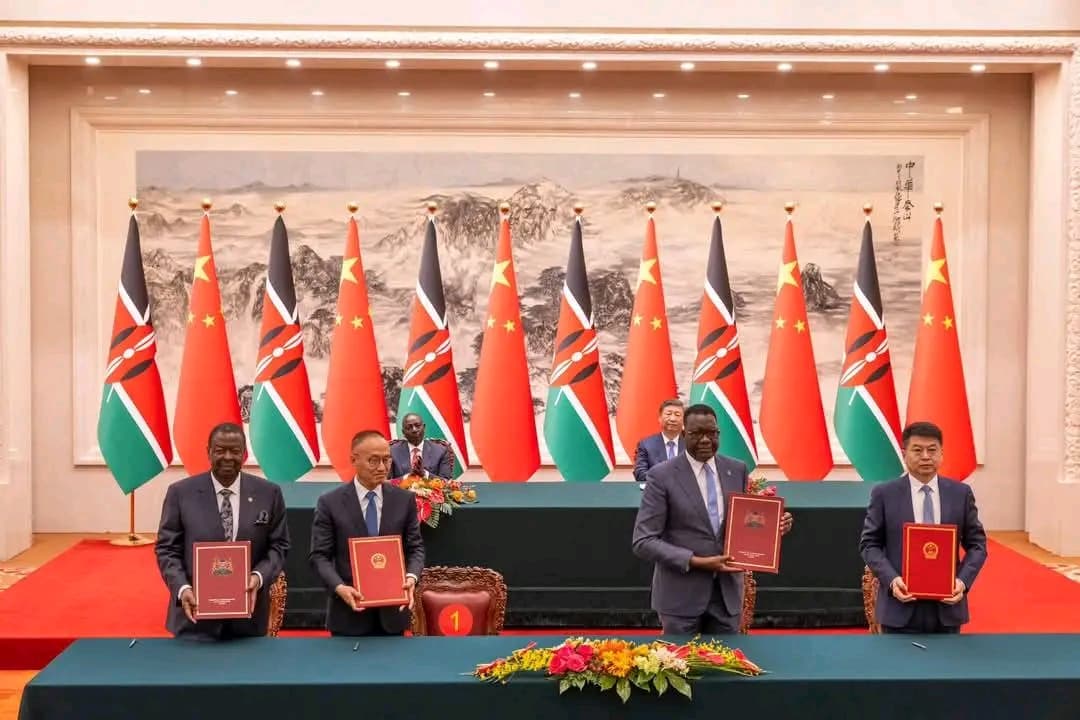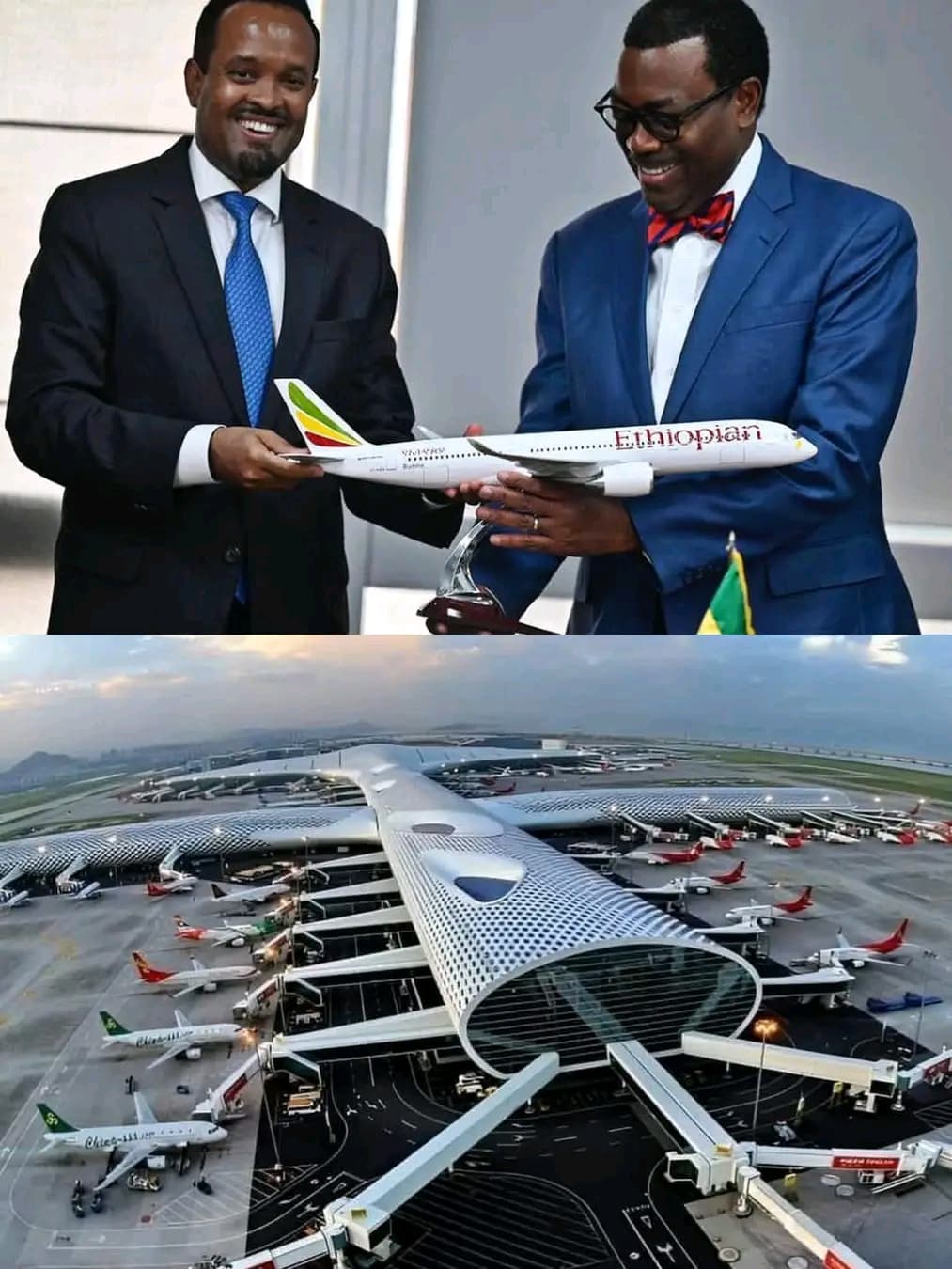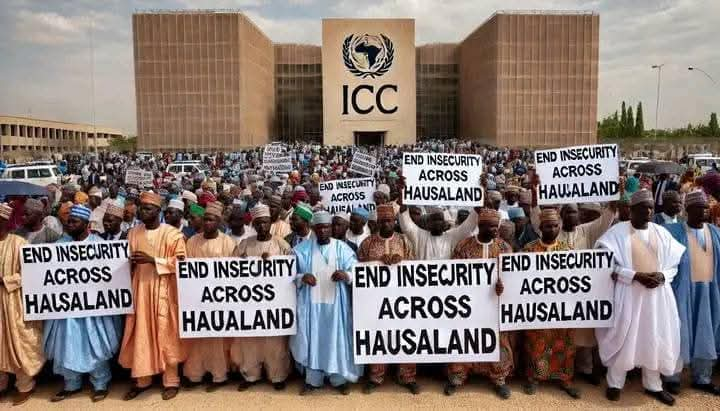By Law Mefor
At the risk of sounding harsh, Africans’ main problem is the lack of civilisation. They choose to remain rooted in the most primitive stages of human development rather than progress and embrace modernity. This came into play once more with the Miyetti Allah Cattle Breeders Association’s rejection of the Minister of Abuja’s directive that livestock herding be restricted to the outskirts of the Federal Capital Territory.
Given his antecedents, many anticipated a rebirth of Abuja when Ezenwo Nyesom Wike, the former governor of Rivers State, arrived as minister of FCT. The Federal Capital Development Authority (FCDA) hired the International Planning Associates (IPA) in June 1977 to create the Abuja master plan and its regional grid. The consultants purposefully designed Abuja to become a model city that could be compared to any modern metropolis in the globe.
The idea is to create a city that has been designed and meticulously built from scratch. No Nigerian city has had the chance to be so planned, which is to blame for their chaotic and haphazard growth and development, as well as their expanding sprawling urban slums and ghettos. Abuja was designed to prevent all of that.
Lagos in particular almost fell apart under the weight of being the capital of Nigeria, and its residents had to spend the entire day stuck in traffic just to get to work and conduct business. From Lagos, the federal government had to head to a much bigger space to permit planned and staged growth and development.
Lagos is a city with a lot of land constraints. Lagos expanded into a main business centre in the nation and the African continent while serving as both the federal capital territory and the state capital of Lagos. Today, Lagos has expanded to become Africa’s sixth-largest economy. Over 15 million people are jammed into the limited amount of territory since the population has similarly outgrown control and become Nigeria’s largest state. According to the Economic Intelligence Unit’s (EIU) Global Liveability Index 2023 study, Lagos State is among the world’s four worst cities to live in, behind war-torn Tripoli, Libya, and Damascus, Syria.
Kano is as huge as Lagos, but its land area should be around three to four times bigger.
Even with the benefit of hindsight, it is clear that the major argument in favour of transferring Nigeria’s federal capital from Lagos to Abuja is more valid today. To ensure that Abuja would be able to overcome the land mass disadvantage that Lagos suffered, the federal government increased Abuja’s land space to 2.5 times that of Lagos. It was a crucial first step.
Having a well-planned, staged development was the second step. Abuja was then designed to have all the amenities and aesthetics of a contemporary metropolis, making the FCT competitive with and possibly better than its global equivalents. Abuja City was consequently ambitiously planned, but like with everything given to Nigerians, the master plan was perverted, making it impossible to realise the envisaged master image.
Even in Abuja’s most prestigious neighbourhoods, such as Asokoro, Maitama, Garki, and Wuse, slums have sprouted up everywhere. In the same highbrow neighbourhoods of the city, illegal structures, markets, parks, and many other unplanned amenities have asserted themselves. Poor sanitation and environmental degradation are now commonplace. Residents of Abuja now put up with the smell and bubbles of sewage. Pipe-borne water, which is a given in any modern city, is becoming uncommon in Abuja.
The cattle, which have recently moved in and have unnecessarily become commonplace throughout the city, are the newest addition.
These wrongs are intended to be made right with Wike’s administration. The newly appointed minister noted all these distortions that have marred the Abuja master plan’s master image during his first press conference. As he promised, all the contributing elements are now receiving the attention they deserve.
On that first day, Wike said that cow herding would be restricted to the city’s outskirts, where the grass is rich and green. However, the leaders of Miyetti Allah recently countered by calling the minister’s bluff and stating that their livestock would graze wherever they pleased. Cattle were allowed to roam freely even inside the presidential villa during Muhammadu Buhari’s misguided administration, which normalised the absurdity like cow dung paving Abuja city.
Mr. Kautal Hore who spoke on behalf of Miyetti Allah said that Nigerians want to eat cow meat, but they do not want to see cows. This is emotional blackmail. No one in Nigeria despises cows or their breeders. What they detest is cows grazing wherever they may. In addition to being a nuisance, indiscriminate cattle herding has caused insecurity when cattle are permitted by herders to enter farms in search of pasture.
Conflicts between herders and farmers are therefore directly related to insecurity in Nigeria, including FCT. The pointless war has claimed thousands of lives and destroyed entire villages, resulting further in worsening food insecurity and crisis in the country. It’s all because some people erroneously believe that cattle have the freedom to graze wherever they like.
This presumption is unlawful as well as immoral. The right to one’s livelihood belongs to both farmers and cattle herders. Yes, as Nigerians, livestock herders are entitled to travel wherever in the country. However, their cattle do not have this right because they are not Nigerian citizens under the Constitution’s guarantee of freedom of movement. Their movements shall not be so unrestricted as to cause a nuisance or pose harm to other people’s lives or property, including farms and farmers’ properties. That is transgression and trespassing and therefore criminal.
In other words, Minister Wike was correct when he asserted that the FCT needed to manage the movement of livestock. It is in the best interests of the cattle, the herders, Abuja, and all of Nigeria.
In the long run, apart from paying attention to the development of satellite towns, the minister needs to think about establishing ranches in the FCT’s outer council areas. The FCT administration has to get involved in the lives of the young herders who are unable to attend school since they must roam about with the livestock due to their itinerant nature. A ranch is a full-blown business that includes dairy products, abattoirs, and all other aspects of animal husbandry. Life can be planned in such a settlement. Hospitals, schools, markets, and other social amenities will inevitably emerge in and around these ranches.
Ranches will certainly end the fight between farmers and herders. The conflict between farmers and herders has also been infiltrated by bandits and terrorists to worsen it. Killer herdsmen have also destroyed the good reputation of itinerant herding. Even the herders themselves have been victims as well because bandits and terrorists are increasingly committing killings and cattle rustling.
Any way you look at it, the conflict will end when the cattle cease entering the farms, and ranching is the only way to make that happen. Ranches don’t always have to be high-class outfits at first. It may begin as a sizable area of land enclosed by barbed wire with water boreholes drilled within. Locals will provide the grass, which will result in some jobs being created as well.
Therefore, ranching might begin small before growing into its full modern forms.
Miyetti Allah ought to reflect on the fact that Nigeria is not even among the nations that export beef. Because modern cattle breeding is not practiced in Nigeria, our output is too low for export. Nigeria is a net importer of meat because our crude methods cannot produce enough even for local consumption leaving nothing for export. Nigeria now imports bovine (beef) meat mostly from Saudi Arabia, the United Kingdom, South Africa, France, and Germany.
Ranches are where countries around the world raise cattle for economic gain. However, our cattle breeders in Nigeria would rather transport their animals from Sokoto to Onitsha and Lagos on foot. This crude approach can be stopped through ranching to make it a win-win for all parties involved, and end tortures suffered by both the herders and the cattle. Itinerant herding is also human rights abuse against the often young herders who can’t go to school.
It should worry Miyetti Allah that Nigeria is not even among the top five nations in Africa that raise cattle. Ethiopia, Chad, Sudan, Tanzania, and Kenya are those countries. Miyetti Allah should know that Nigeria is not one of the top 20 countries in the world that raise the most cattle. Yet, it is in Nigeria that hundreds of people have died in farmer-herder clashes!
Let us support Wike in his patriotic efforts to rescue Abuja’s master plan and restore the Abuja city’s preeminent reputation. The cooperation of Miyetti Allah and all Abuja residents is required to make this happen.
· Dr. Law Mefor, an Abuja-based forensic and social psychologist, is a fellow of The Abuja School of Social and Political Thoughts; drlawmefor@gmail.com; Twitter: @Drlawsonmefor.











